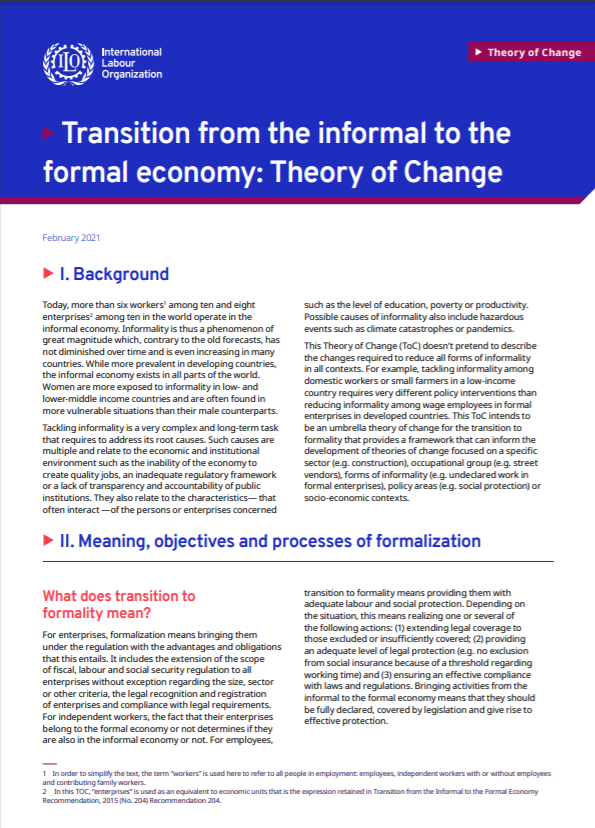Towards Improved Retirement Savings Outcomes for Women
By OECD Labour market inequalities are well-known to be the main drivers of the gender pension gap. This publication focuses on helping governments find solutions for retirement savings arrangements that do not further exacerbate these inequalities. This study first analyses why the gender pension gap exists and sheds light on some of the behavioural and cultural factors that contribute to these inequalities. Country case studies assess how demographics, labour markets and other factors may affect gaps in pension coverage, assets...







